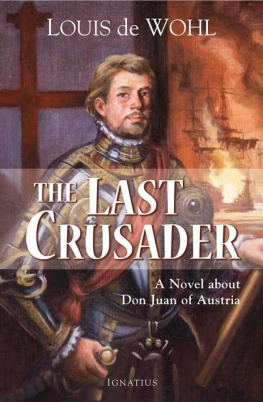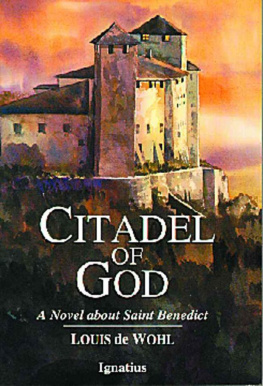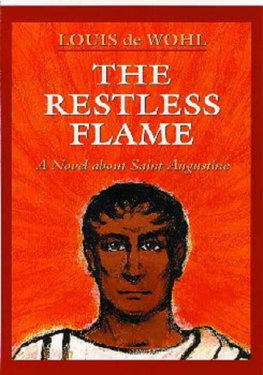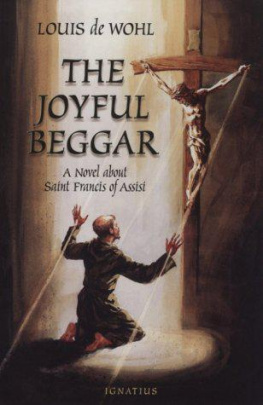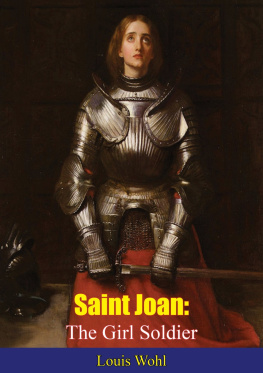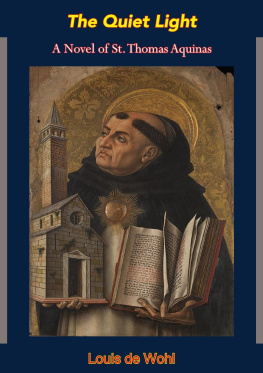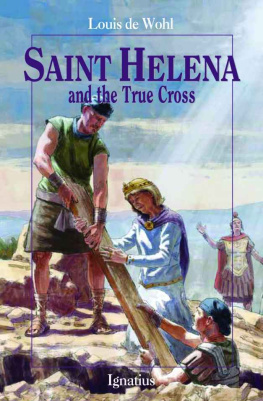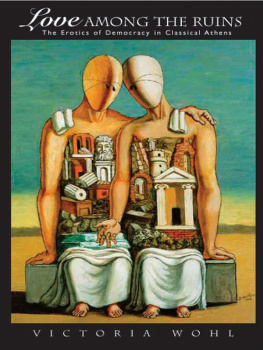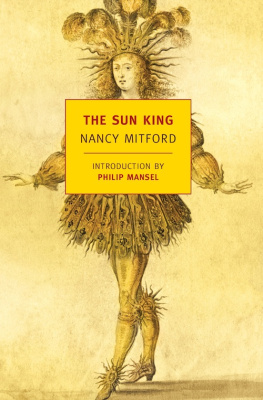CHAPTER 31
MEHMED SOKOLLI, first vizier and seraskier of the late Sultan Sleyman, first vizier and seraskier of the present ruler, Selim II, knelt and, bowing, touched with his forehead the labyrinthine design of a priceless carpet from Tabriz.
A hoarse voice said: Rise, and be brief.
Mehmed Sokolli rose easily, despite his age. As always, he kept his eyes down. Lord of the Two Worlds, he began, Ruler of the Faithful, may Allah give you a thousand years. Having been asked to be brief, he omitted the rest of the formula, honoring the Sultan as Lord of the Black Sea and the White Sea, as the Kanuni, the Law Giver, and the Ghazi or Conqueror and went straight into his report.
Word has come to us again from the headquarters of the faithful in Spain. They have shaken off and killed Muley Muhammad Aben Humeya, whom they elected as their king at the outbreak of the war; and they say this was done because of his intention to do away with his allies from Algiers whom he accused of trying to win all power for their own king.
This is true or not true?
It is not true, Ruler of the Faithful, for according to our very accurate reports no more than five thousand volunteers have crossed over from Africa to Spain within almost a year of war, a number quite insufficient to make a bid for power. True are two things: that Aben Humeya had taken away the flower of another mans harem, one El Guazil; and that he was too cautious and hesitant for many of the leaders. El Guazil laid a trap and won over Aben Aboo. Together they killed Aben Humeya, and now Aben Aboo has been proclaimed as his successor and was accepted by all the caids and chieftains and will now be known as Muley Abdallah Aben Aboo and has chosen as the inscription on his banner the words: I cannot wish for more and I will not be content with less. He intensified the war and has shown more skill and bravery than Aben Humeya, spreading his power and yet at the same time increasing his army. The hoarse voice said: Briefer.
Lord, you know that I have long advocated strong measures in that part of the world. There is only one God, and there should be only one Lord of the Faithful. These Moors are Muslims. Therefore they are your subjects and not those of anyone else, be he Aben Aboo or the King of Spain. All we needed was the right moment to say so and act accordingly, though action should precede speech in this case.
Lala Mustapha and Pialy Pasha do not agree with you.
For the first time Mehmed Sokolli looked up to the golden throne. There, seven steps higher than the world, was not Sleyman but Selim. Not the familiar, lean figure with the long neck, the pallid face, and piercing eyes, but a squat, obese man, yet so terrible to look at that even most of the shameless and impudent ambassadors of the West preferred to keep their eyes on the carpet when they were permitted to the presence.
Under the enormous turban of white silk the bloated face was painted the color of blood, and the eyebrows, the moustachios, and beard jet black.
They whispered in the serai that the Sultan had taken a fancy to this strange makeup after having killed one of his women, cutting her throat with his scimitar so that her blood splashed into her masters face, and that story could well be true. But it was also true that the Sultans skin was blotchy and reddish from wine and this was his way of hiding it. More than once his father, Sleyman, had warned him against wine, that mad red thing, but Selim would never give it up, not with that accursed Jahudi, Jussuf Nassi, procuring for him the choicest vintages from the Christian countries. Some fools even thought that this and only this accounted for Jussuf Nassis influence on him and for the fact that the Sultan had made him lord of the isle of Naxos and other isles, with the hereditary title of duke.
Mehmed Sokolli knew better than that. Not even Selim would make his wine merchant a duke. Nassi was much more than a procurer of illicit pleasures. For a while Mehmed Sokolli had thought he was a creature of Pialy Pasha, but probably he was more than that. A Marrano from Spaina new Christian, one of those who allowed themselves to be baptized because that was the only way to escape exile under the Spanish law; yet later he left Spain and went into exile anyway; nobody knew whyperhaps the Inquisition had got wind of the insincerity of the mans conversion and he had had to get out quickly. He went to Holland first, where lately bloody battles were again raging, involving the Spanish Kings best general. And from Holland he came to the Dardanelles. He had cast off Christianity as soon as he could and reverted to the faith of his fathers, and he had changed his original name of Jos Miquez to Jussuf Nassi.
It was astonishing, really, how seriously all those infidels took their errors and heresies... almost as if it mattered to them whether they landed in the fourth instead of the seventh hell.
Anyway, Nassi set up business in Constantinople, married a rich Jewess, and made money. So far there was nothing extraordinary about his career. But somehow he managed to get into Prince Selims favor, so much so that the prince made him Duke of Naxos almost immediately after his accession to the throne. Allah knew how he did it, and the Sheitan, ruler of the seven hells, probably knew it too. There was some sort of a tie between him and Lala Mustaphacould it be money?
Nassi could smell a ducat at a miles distance. And he knew Pialy Pasha. But his main influence on the Sultan was a direct one, that was certain. There was talk that he was led into the serai by one of the thousand back doors to confer with the Sultan for hours, with no one else present.
That was Jussuf Nassi, Lord of Naxos, Lord of the Cyclades, and just because his comings and goings were secret and he had no official status at court, his influence was difficult to combat.
Ruler of the Faithful, Mehmed Sokolli said firmly, your servant is well aware that Lala Mustapha and Pialy Pasha are against this venture. But why are they against it? Because they favor another one, the conquest of Cyprus. The reason why I asked my lord for this audience is this: the time has come to make a decision. At first glance it would seem that Cyprus is obviously our next objective, as it is so near to our shores. But the nearest is not always the best. Cyprus belongs to Venice. We have had an unbroken peace of almost forty years with the Serene Republic. They kept the peace even when your great father was besieging Rhodes. Why upset, before the right time, the established equilibrium of the Mediterranean? On our list of conquests, the Venetians should come last. Now it so happens that this is the opportunity of a hundred years and more to deal a deathblow to the oldest enemy of the Faith. Spain is facing a serious rebellion in many of its provinces, so serious that the Kings troops have not been able to break it in the course of ten monthson the contrary, it is stronger than ever. Emissaries of the faithful in Spain are asking for our help. This is a greater thing than the conquest of an island, however rich and fertile. One word from the lips of the Lord of the Two Worlds, and the Mediterranean will be a Turkish lake. We shall be able to seal it off at the narrows still called after the great Tarek who first planted the banner of the prophet on the summit of the big rock there.
Perhaps I shall speak the word, the Sultan said. We shall see.
Cyprus is no more than a tactical advantage, Mehmed Sokolli dared to add. Spain gives us the possibility of taking the whole of Europe between our pincers. The Christian princes are fighting each other; there is no danger that they might use Cyprus as a basis of attack against our shores. Allah has smitten them with blindness, and none of them sees the danger that threatens them.
We shall see, the Sultan repeated, sharply. Go now.

